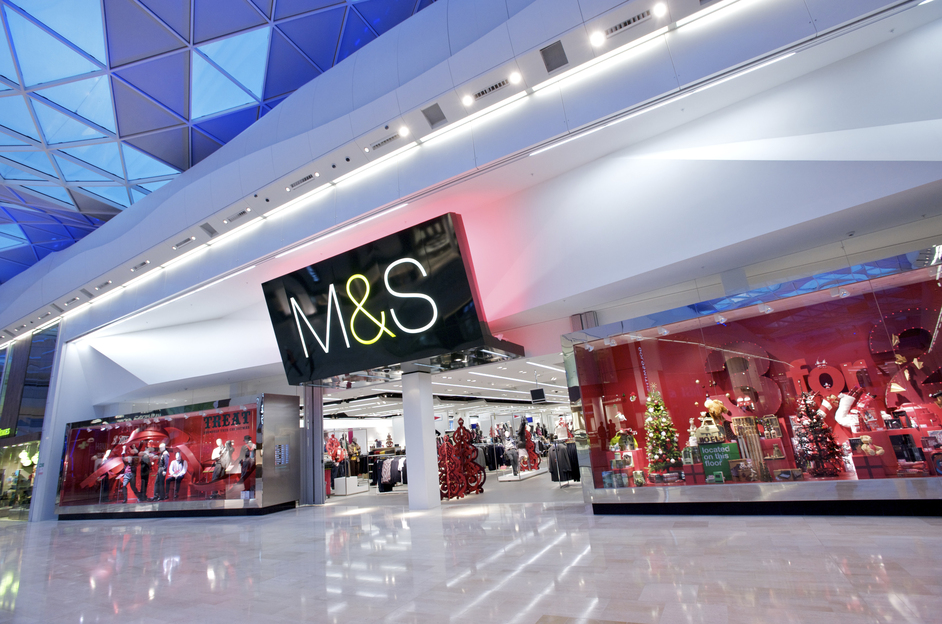Earlier this month Marks and Spencer announced a 2.2% dip in sales and have featured in reports of retailers suffering their ‘worst Christmas ever’.
We listened to 11,000 people in online conversations on Twitter, Facebook, YouTube, blogs, forums, and review sites over the Christmas and January sales period to see what we could learn about real M&S customers and what they want from the retailer.









